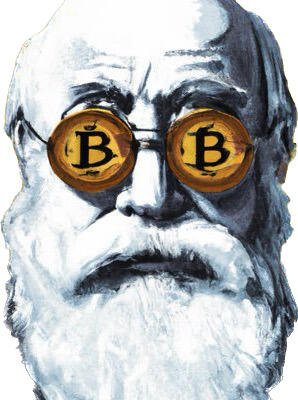Predictions by economists that failed spectacularly:
Telephones:
In 1876 Western Union, the largest American telegraph company, refused to buy Graham Bell's patent for one hundred thousand dollars, arguing that people are not savy enough to handle a phone: "Bell expects that the public will use his instrument without the aid of trained operators. Any telegraph engineer will at once see the fallacy of this plan. The public simply cannot be trusted to handle technical communications equipment. A group of British experts thought somewhat differently: The telephone may be appropriate for our American cousins, but not here, because we have an adequate supply of messenger boys."
Lightbulbs:
A few years later, a committee of the British Parliament evaluated Thomas Edison's lightbulb and concluded that it would be "good enough for our trans-Atlantic friends … but unworthy of the attention of practical or scientific men."
Trains:
Rail travel at high speed is not possible because passengers, unable to breathe, would die of asphyxia [suffocation]." Dr. Dionysius Lardner (1793-1859), professor at University College London, and author of a book on the steam engine, was one of several doctors who prophesized that the rapid movement of trains would cause death or brain trouble among travelers and vertigo among onlookers.
Cars:
Car pioneer Gottieb Daimler (1834-1900) believed that there would never be more than one million cars worldwide because of the lack of available drivers. Daimler based this prediction on the false assumption that cars would have to be operated by chauffeurs.
Computers:
Howard Aiken, who constructed the Mark I computer for IBM in 1943, reminisced: "Originally one thought that if there were a half dozen large computers in this country, hidden away in research laborato-ries, this would take care of all requirements we had throughout the country. This prediction was based on the false assumption that computers would solve scientific problems on.
How many ‘experts’ called #Bitcoin a scam and called it dead?

